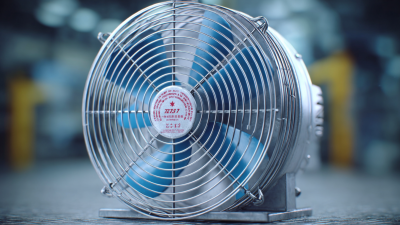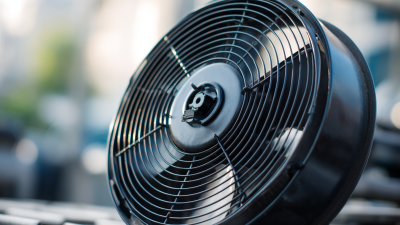




In today's competitive HVAC market, selecting the appropriate fan motor for your AC unit is crucial for achieving optimal performance and energy efficiency. According to the U.S. Department of Energy, improperly matched or inefficient fan motors can lead to energy losses exceeding 30%. Moreover, the global HVAC fan motor market is projected to grow significantly, reaching $4.25 billion by 2026, highlighting the increased demand for advanced and tailored solutions in this sector. As air conditioning systems become more sophisticated, understanding the various types of fan motors, their specifications, and their compatibility with different units is essential for both homeowners and technicians. This ultimate guide will walk you through the critical factors to consider when selecting the right fan motor for your AC unit, ensuring that your system runs smoothly and efficiently, while also extending its lifespan.
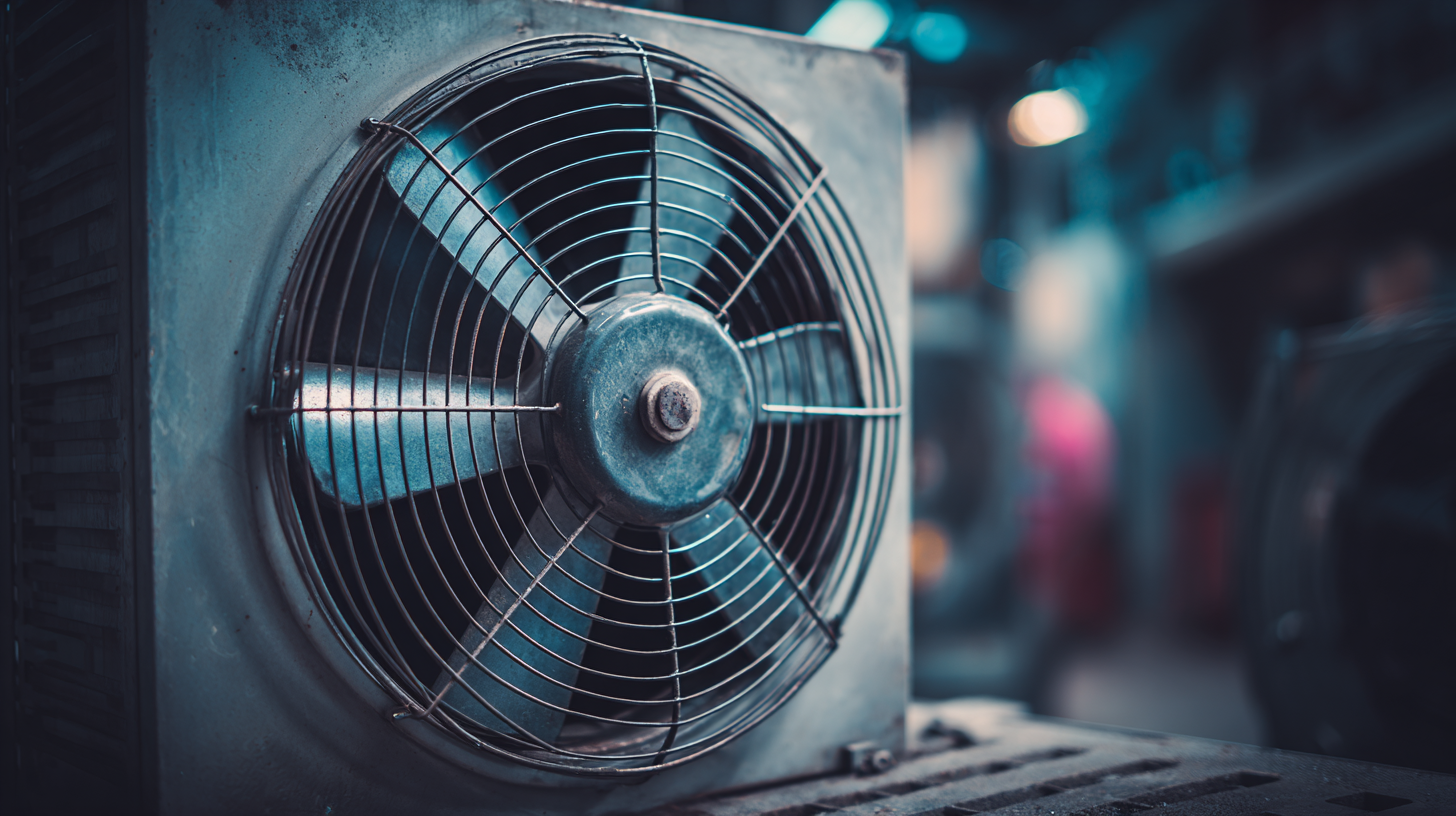
When selecting the right fan motor for your air conditioning unit, it's essential to understand the different types of fan motors available. Primarily, fan motors can be categorized into two types: shaded pole motors and permanent split capacitor (PSC) motors. Shaded pole motors are typically used in smaller, more economical units. They are simple in design, providing basic functionality with a low upfront cost, although they may not be as energy efficient and have a shorter lifespan compared to other types.
On the other hand, PSC motors offer enhanced performance and efficiency, making them suitable for larger and more complex air conditioning systems. These motors use a permanent magnetic field, allowing for better speed control and reduced energy consumption. This efficiency can lead to significant savings on energy bills over time. Additionally, some modern air conditioning units incorporate variable-speed motors, which can further optimize comfort levels and energy usage by adjusting the fan speed according to the cooling demand, providing a more tailored climate control experience. Understanding these motor types is crucial for making an informed choice that suits your specific air conditioning needs.
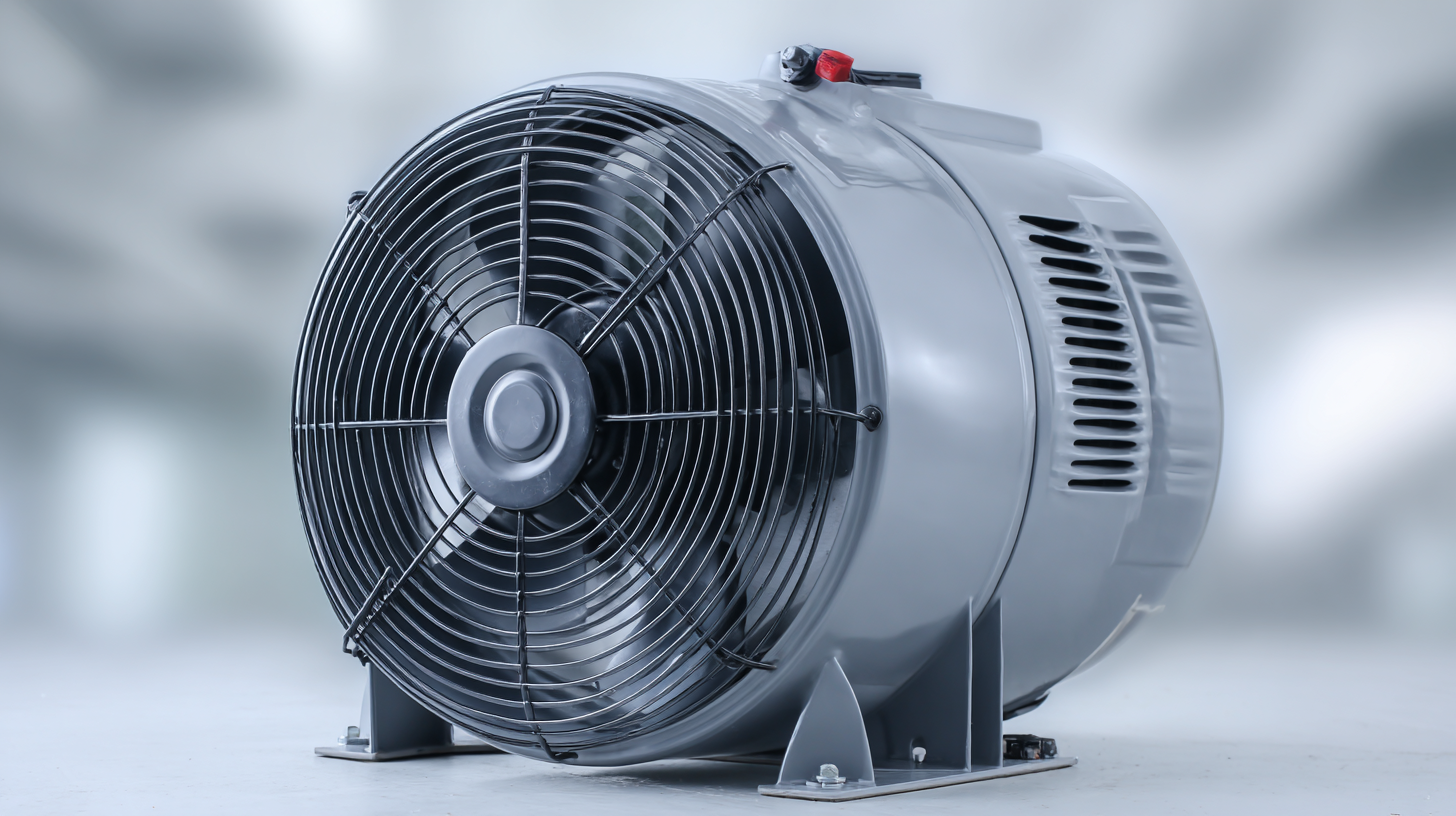
When selecting a fan motor for your air conditioning unit, there are several key factors to consider to ensure optimal performance and efficiency. First and foremost, pay attention to the motor's horsepower. The right horsepower will depend on the size of your unit and the specific requirements of your cooling system. An undersized motor can lead to inadequate airflow, while an oversized one may consume excess energy and wear out prematurely.
Another important factor is the motor type. There are two main types: shaded pole and permanent split capacitor (PSC) motors. While shaded pole motors are typically cheaper, they are less efficient and suitable for smaller applications. PSC motors, on the other hand, provide better energy efficiency and are ideal for larger air conditioning units.
Tips: Always check the motor's rated RPM (revolutions per minute) to ensure it matches your unit's specifications for adequate airflow. Additionally, consider the motor's energy efficiency rating; selecting a higher-rated motor can help reduce your energy bills in the long run. Don't forget to assess the warranty and customer support options available, as reliable service can save you time and money in repairs or replacements.
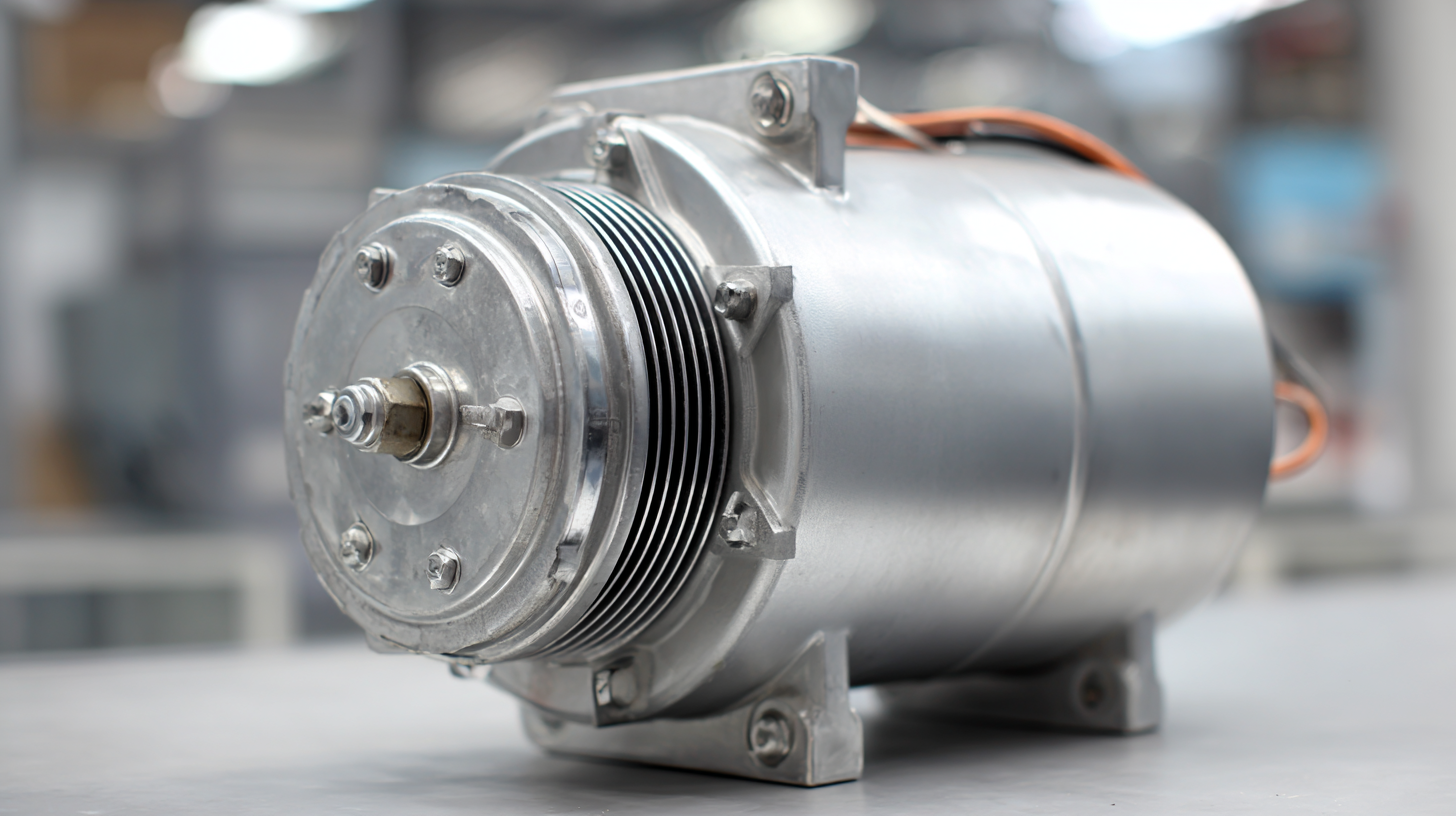
When selecting the right fan motor for your air conditioning unit, evaluating efficiency and performance is crucial. The global energy-efficient motor market is rapidly expanding, valued at approximately $48.25 billion in 2023 and projected to grow to $51.65 billion in 2024, eventually reaching an estimated $84.72 billion. This surge indicates a significant shift towards more efficient technologies, reflecting the increasing demand for sustainable energy solutions.
A key factor in assessing fan motors is their efficiency ratings. High-performance motors typically incorporate advanced technologies that allow for better energy conversion, which can lead to reduced operational costs and lower carbon footprints. According to industry reports, energy-efficient motors can improve system efficiency by up to 30%, making them an invaluable investment for both residential and commercial HVAC systems. Additionally, the longevity of these motors often surpasses that of traditional counterparts, further enhancing their overall economic and environmental benefits.
When evaluating fan motors, consider both their power consumption and output efficiency—these metrics will directly impact your air conditioning unit's performance. By prioritizing energy-efficient options, you not only contribute to environmental sustainability but also ensure optimal functionality and cost savings for your air conditioning needs.
Maintaining the fan motor of your air conditioning unit is crucial for enhancing its efficiency and prolonging its lifespan. Regularly inspecting and cleaning the motor can prevent common issues such as noise or reduced performance. For instance, a simple cleaning routine can often remedy a noisy bathroom fan, which can serve as a reminder of the importance of keeping all fan systems free from dust and debris. Simple maintenance tasks like these can not only improve functionality but can also save you from more significant repairs down the line.
Predictive maintenance technologies have become increasingly valuable in monitoring the health of fan motors and other mechanical components. Using advanced analytics, these tools can alert you to potential issues before they escalate into major problems. Homeowners should incorporate regular checks and evaluations into their routine maintenance schedules. From cleaning the fan blades to ensuring proper lubrication of moving parts, implementing these practices can ensure that your fan motor continues to operate effectively, ultimately enhancing the overall performance of your air conditioning unit.
When selecting a fan motor for your air conditioning unit, it's crucial to avoid common mistakes that can lead to poor performance and costly replacements. One major pitfall is not considering the motor's compatibility with your AC system. Always ensure the motor’s specifications match those required by the manufacturer to maintain efficiency and reliability.
Another frequent error is overlooking the importance of energy efficiency. Choose motors that are designed to consume less power, as they will not only save you money on electricity bills but will also reduce your carbon footprint. Look for motors with high efficiency ratings and features like variable speed to achieve optimal performance without unnecessary energy waste.
Lastly, many consumers rush the decision-making process and underestimate the value of expert advice. Consulting with HVAC professionals can provide insights into the best options suited for your specific needs. Don’t hesitate to ask for recommendations and ensure your chosen motor meets all relevant safety and operational standards. Taking these steps will help you make a well-informed choice.
